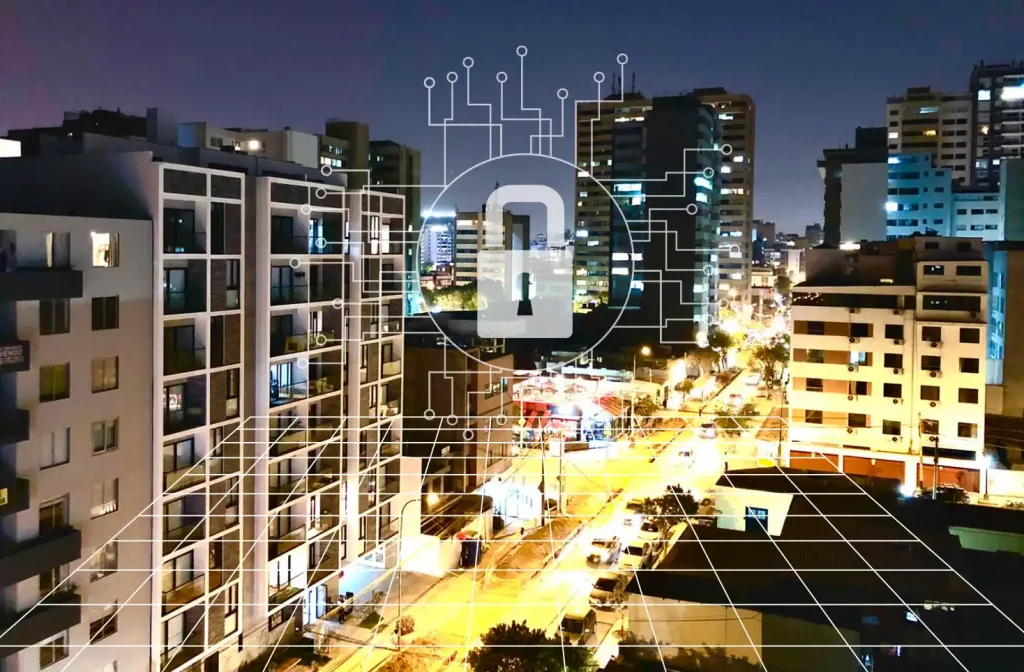Menu
IF THEY ARE SO GOOD AT THIS, WHAT CAN I POSSIBLY DO TO PROTECT MYSELF AND MY BUSINESS?
Hackers have all kinds of scary equipment, malware, and even Artificial Intelligence-driven tools that makes James Bond look like an amateur at their disposal to break through your defenses and steal your sweet sensitive data so they can make a profit on the dark web, but you’d be surprised to learn how easy it is to make it harder for them to break into your network and access your data. I’ll be sharing 5 basic tips that you can perform right now to strengthen your defenses against those pesky thugs.

"Let’s not give cyber criminals a free ticket to our data"
TIP #1: CHANGE YOUR DEFAULT WIFI CREDENTIALS
A lot of router manufacturers provide their devices with default network names (SSID) and passwords, alongside administrator credentials that are easy to find on the internet. Changing these default names and passwords is a simple step you can take to remove that big red targeting arrow above your head.
TIP #2: USE A VPN (VIRTUAL PRIVATE NETWORK)
While a VPN doesn’t make you completely anonymous on the internet, it does do a great job at encrypting all network traffic from and to the device you use it on (and you should use it on all your devices all the time!). Hackers often break into (public) networks to intercept data in transit, but if you use a VPN, that data will be useless for them. Many VPN providers offer fantastic free to use products, but you should really consider paying a subscription fee to use the best VPN’s such as Surfshark and NordVPN.
TIP #3: USE STRONG PASSWORDS AND MFA
Even if you change your default credentials and use a VPN, it’s not going to do you much good if your passwords suck. Try using a minimum of 15 characters (preferably with a password manager such as LastPass) and make sure you do not use the same password for multiple accounts.
Now that your password is strong, it needs some help to keep your accounts safe. Enter MFA (Multi Factor Authentication). By adding MFA to your accounts, you have to enter a code or perform some kind of approval mechanism from another device on top of entering your password before being able to log in. This makes it virtually impossible for a hacker to break in, even if they know your password. Most websites support readily available authenticators such as Google Authenticator, DUO mobile, or Microsoft Authenticator.
TIP #4: UPDATE, UPDATE, UPDATE!
Whether it’s Windows, MacOS, Android, or any other operating system; they all need to be updated to the latest version to avoid something called ‘Zero Day Attacks’. As you will probably know, if a new piece of software is created, it may contain some really obscure bugs that allow hackers to do some serious damage to devices running it. By always installing the latest security patches as soon as they are released, you are minimizing the timeframe in which hackers can exploit those vulnerabilities.
TIP #5: DO. NOT. CLICK. ON. THAT. PHISHING. LINK.
Even though there are tons of sophisticated tools that cyber criminals can utilize to force their way into your network, 91% of all successful hacks still begin with a good ol’ phishing attack.
Whether through e-mail, SMS, WhatsApp, or even by phone call, hackers are very good at tricking you to believe they are someone else. I can tell, because a few weeks ago we did a ransomware simulation at HelloFlex group, and even with all the awareness training and security systems we have, we still managed to breach multiple high profile accounts through a well-made phishing e- mail. Do not click those links and do not open those attachments without verifying their legitimacy with the sender.
“These were 5 easy to implement tips that help you get started on building a strong cyber defense. There are, of course, dozens more things you can (and should) do to secure your precious personal data and the critical data of your Business and your customers, so whip up Google and get searching to increase your own cyber awareness! Daily, millions of people worldwide suffer from the abuse of their personal data. People lose their money, their jobs, their businesses, their homes, their identities, and even their lives.”
Abonneer op onze nieuwsbrief
Onze nieuwsbrief ontvangen? Vul hiernaast je naam en e-mailadres in.